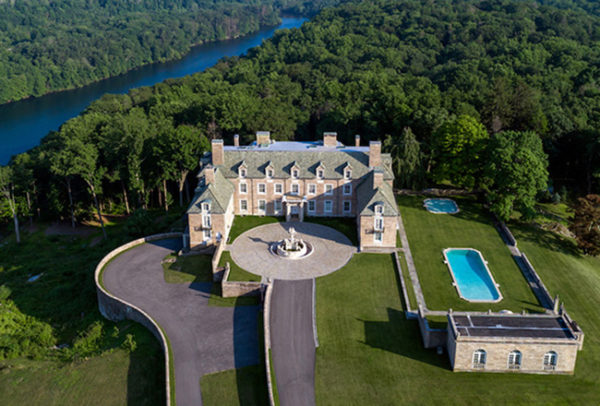A court has been asked to block subpoenas issued by New York State Attorney General Letitia James”™ Office that would require Donald Trump”™s children Ivanka and Donald Jr. to produce documents and testify along with their father in the ongoing investigation into Trump real estate holdings.
The motion to quash the subpoenas was filed late Jan. 3. A New York State Supreme Court document filed with the New York County Clerk earlier in the day revealed that the subpoenas had been issued.
Trump”™s Seven Springs Estate in Westchester is among the properties included in the investigation currently underway by James”™ office into possible tax, bank and insurance fraud surrounding the valuations placed on Trump”™s properties and other matters.
James released the following statement after the motion on behalf of Donald J. Trump, Donald J. Trump Jr., and Ivanka Trump had been filed to quash the subpoenas:
“For more than two years, members of the Trump family and the Trump Organization have continually sought to delay and impede our investigation into Donald Trump and the Trump Organization, but despite their names, they must play by the same rules as everyone else. These delay tactics will not stop us from following the facts or the law, which is why we will be asking the court to compel Donald Trump, Donald Trump Jr., and Ivanka Trump to testify with our office under oath. Our investigation will continue undeterred.”
Trump”™s Seven Springs Estate in Westchester is among the properties included in the investigation.
 The document that revealed the existence of the subpoenas was a stipulation and proposed court order in which James”™ office and Attorney Ronald P. Fischetti and Attorney Alan S. Futerfas agreed to certain facts and procedures. Fischetti represents Donald J. Trump and Futerfas represents Ivanka Trump and Donald Trump Jr.
The document that revealed the existence of the subpoenas was a stipulation and proposed court order in which James”™ office and Attorney Ronald P. Fischetti and Attorney Alan S. Futerfas agreed to certain facts and procedures. Fischetti represents Donald J. Trump and Futerfas represents Ivanka Trump and Donald Trump Jr.
The stipulation specified the procedure under which the Trumps could contest the subpoenas in an effort to avoid having to testify and produce documents.
Judge Arthur Engoron signed-off on the stipulation, making it an order of the court. Among other things, it specified the timeline for the Trump side to make motions to quash the subpoenas and then gave the attorney general up to 14 days to file its opposition.






















